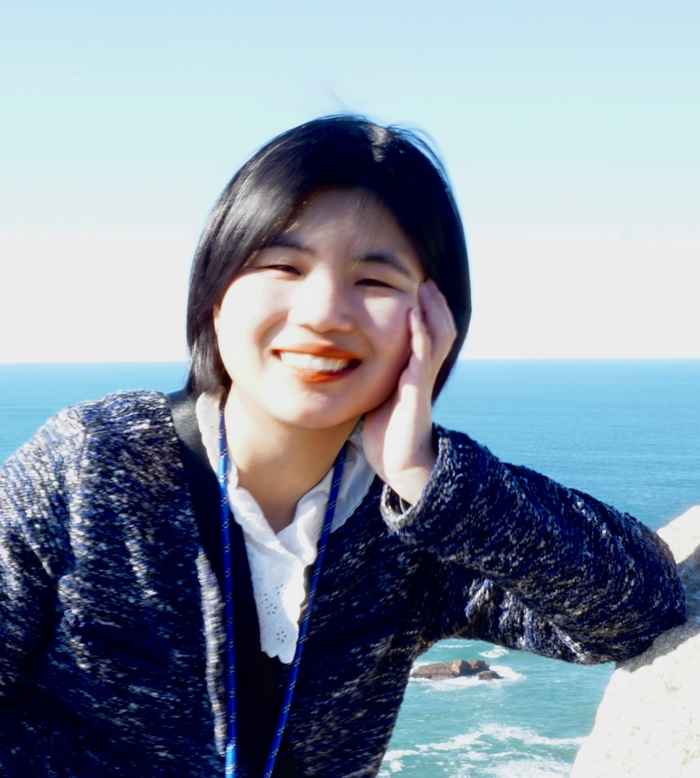Lingshu Zhuo
Visit: 3 months

Modeling Ion-Assisted CO2 Conversion in Metal Porphyrin Cages
Electrochemical CO2 conversion is crucial for renewable energy transition, while achieving efficient conversion with high selectivity and activity is a major challenge. Inspired by reaction pockets in enzymes, cage-embedded metal-porphyrin catalysts designed to enhance CO2 conversion by cage-hosted cations are studied in a collaborative experimental (Radboud University) and computational (UvA) project. A first study has shown that an iron-based pornphyrin cage yields high selectivity of electrocatalytic CO2 reduction. However, a molecular picture of the role of the metal, solvent and cations in the catalytic process is still unclear.
Focused on the computational part of the project, my study at UvA/Computational Group employs a first principles approach accounting for chemical conversion, thermal fluctuations, and transport using electronic structure based molecular dynamics simulation. In the first phase, work has been done on the structure and energetics of CO2 conversion in a cobalt-porphyrin cage hosting potassium ions, incorporating the aqueous solvent by a micro-solvation. In the following stage, we aim to explore metal-porphyrin cages based on other metals, including more abundant elements. The latter is relevant important for large scale implementation. For these systems, arriving at an accurate description of the electronic structure, that involves various oxidation states, is challenging. Therefore, a first and important step is to identify the suitable (DFT) methods to describe the electronic structure with sufficient accuracy.
The group of Prof. Jorge Carbó has in-depth expertise in modeling metal-based molecular catalysts with a complex electronic structure. The proposed visit will allow me to identify optimal electronic structure methods for metal porphyrins, for a variety of metals. The selected methods will be used to explore the catalytic cycle of ion-assisted CO2 conversion in metal-porphyrin cages.